
Facts & Perspectives
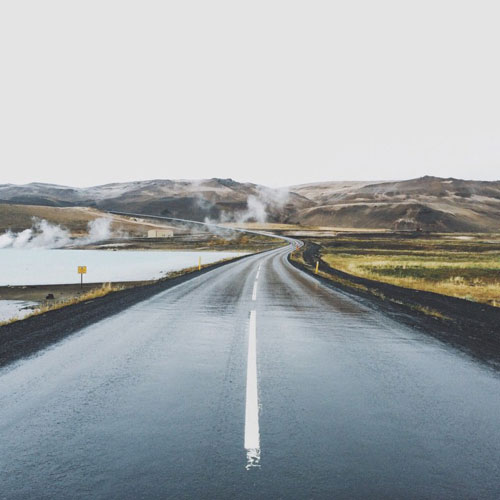
All
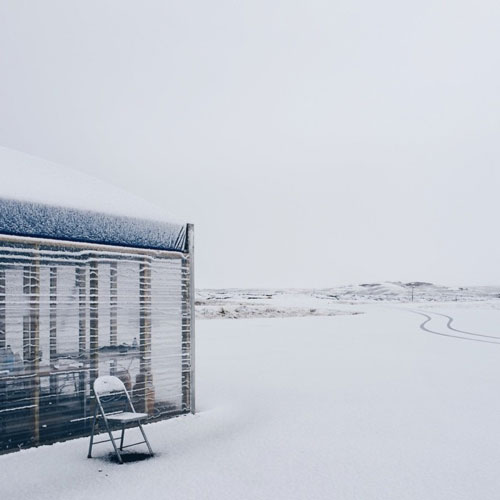
Your
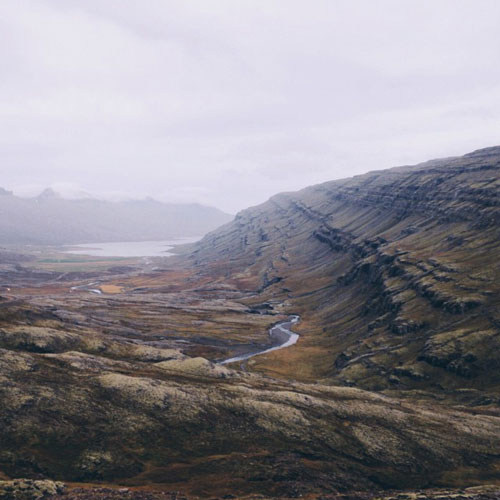
Local
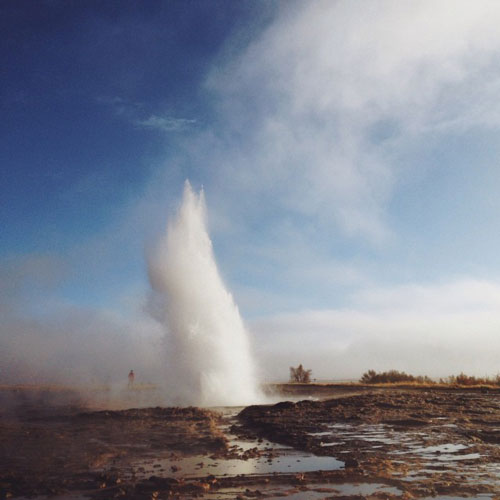
News
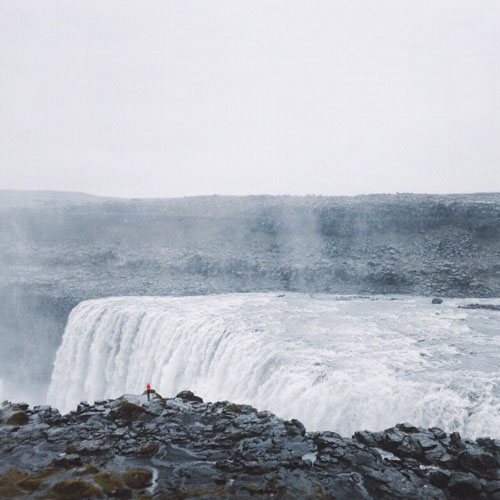
By

And

For
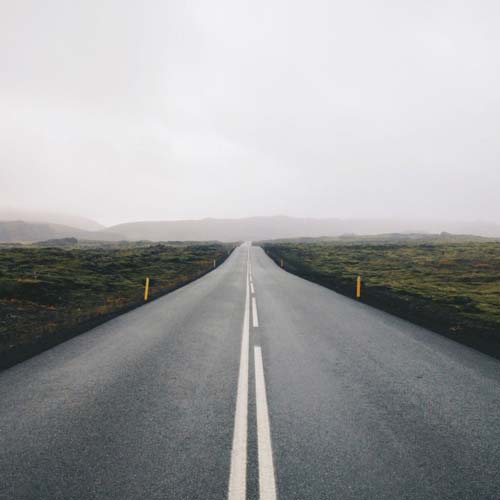
Local
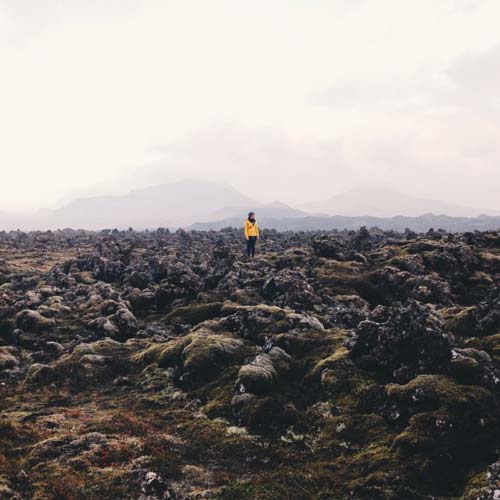
Voices!
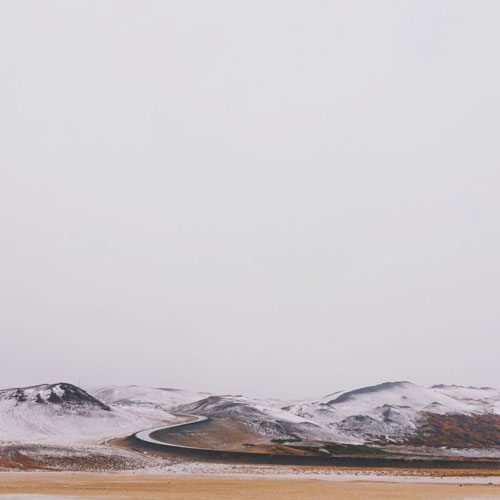
Empower

The
















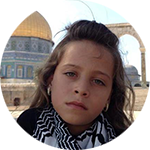
I am 10 years old and am a local journalist in Palestine. I decided to become a journalist because I saw that there were many horrible things happening here at home that were not being covered in the media, like my friend Mustafa getting murdered, so I decided to cover them myself.
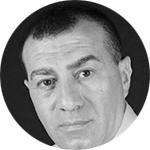
I am a columnist for Al-Monitor’s Israel Pulse. For the past two decades, I’ve covered stories on the Palestinian Authority and especially the Gaza Strip for Israel’s Channels 1 and 10, reporting on the emergence of Hamas.
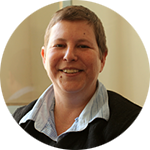
I report on the stories of the oppressed activists in the Occupied West Bank. Too many abuses on behalf of Israeli forces are not covered by the media, so I do my best to cover them on my blog.

I cover the injustices and antisemitism that the people of Israel suffer with no coverage due to the rising anti-Israeli public opinions. I remain anonymous because of personal fears for having this stance.

June 20th, 2016 - AJ+ (Al Jazeera) did a story on me! Thank you for giving me a more international voice.
July 20th, 2016 - Muhyiddin Tabackhe child, 9 years old in the fourth grade, lives in Al-Ram, near Jerusalem, next to the Apartheid Wall, Israeli soldiers shot rubber bullets to kill him as he was going to buy bread for his family.

We need to be more nuanced with the way we consume media and propaganda!

July 5th, 2016 - We wakeup at morning while the Israeli army invades the village and shot live bullets targeting the people and shot teargas targeting our house
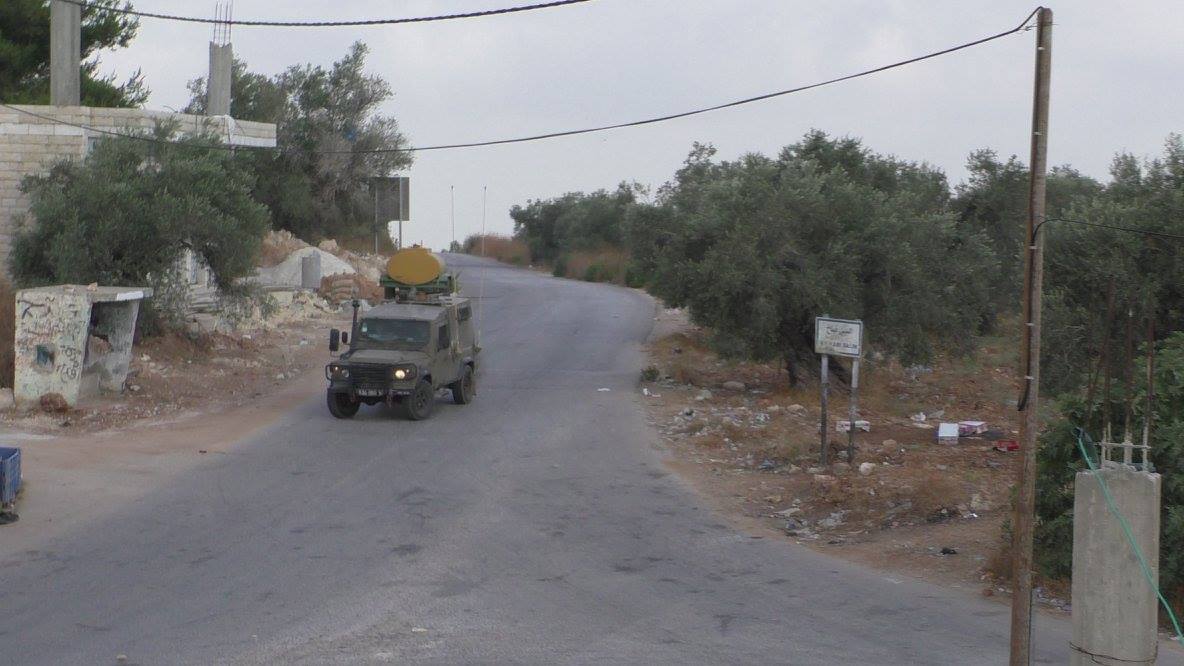



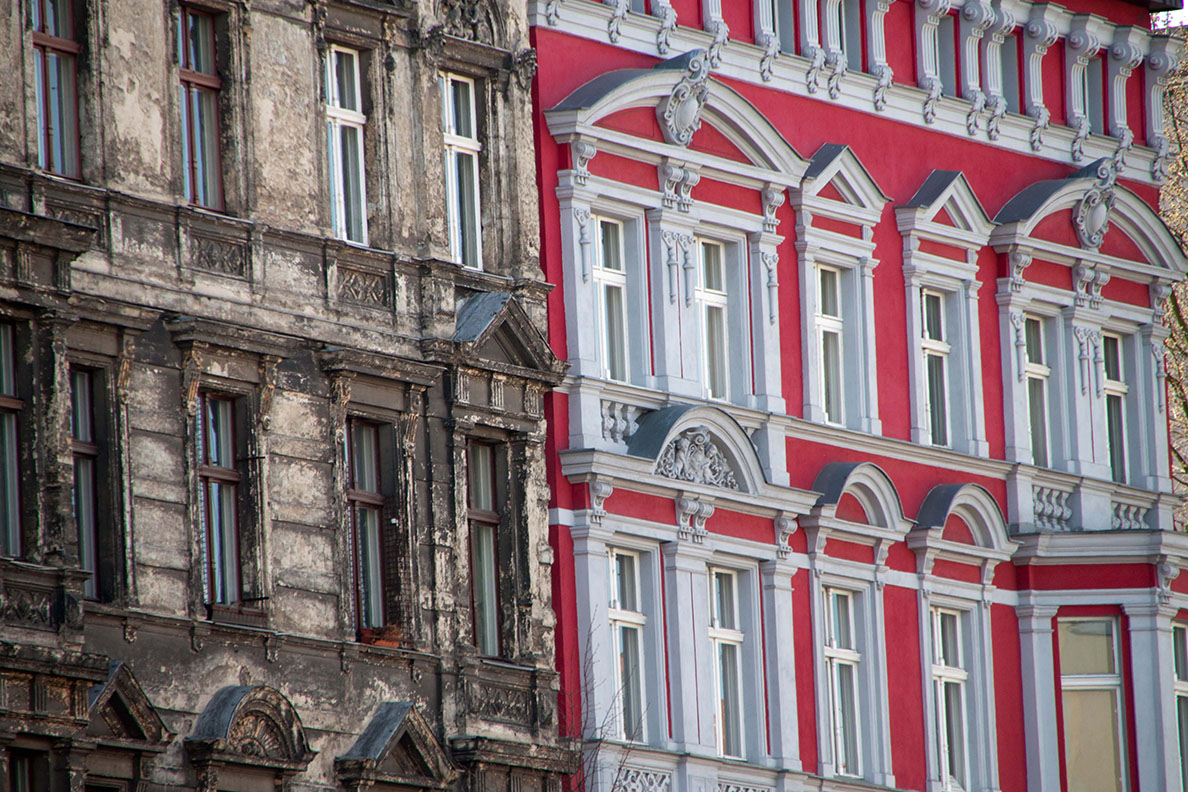

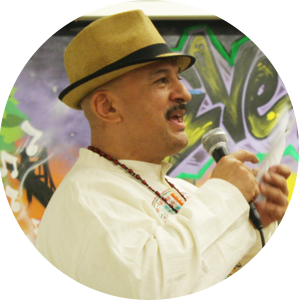
If you’ve never been to the Mission than you cannot begin to understand the attachment we have to it. Let me clarif: visiting doesn’t count. People come for the Mexican food, the beautiful Dolores park, the views...and I love all that. But you can’t understand the Mission until you connect with the people here.
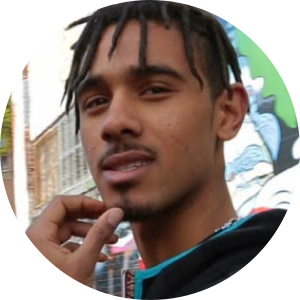
I was walking around the other day and saw some tourists on the Mission District Tour. We didn’t have those when I was a kid. We weren’t treated as a spectacle and abnormality for the world.

Cities are changing and I think people will have to change with them. We can’t hold on to a traditional and “golden” past that doesn’t exist. For me, living in the Mission allows me to be close to the Google headquarters while being close to my family in the city.

The Mission has potential to be the best neighborhood in San Francisco and I want to be there to document and feed it. We’re not removing culture, we’re adding our own and are receiving a lot of hostility.

If you’ve never been to the Mission than you cannot begin to understand the attachment the people who live here have to it. Let me clarify. Visiting doesn’t count. Spending a season here doesn’t count. People come for the Mexican food, the beautiful Dolores park, the views...and I love all that. But you can’t understand the Mission until you understand and connect with the people. Play soccer against the 30+ men soccer “team” or go to a slam poetry event, that’s how you see the Mission.
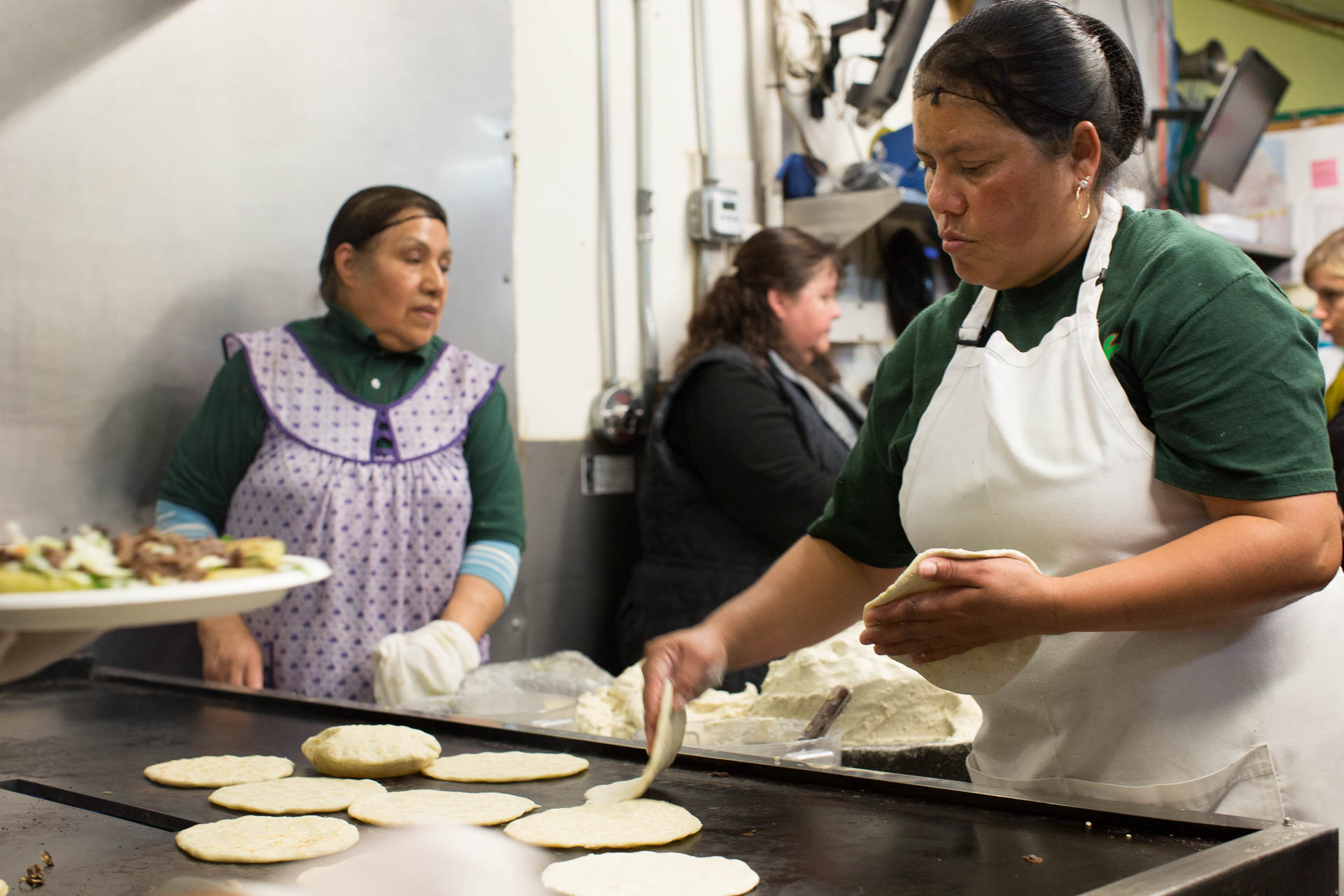
I keep hearing seeing my friends being evicted. That word gets thrown around a lot so let me try to make you feel it.
Imagine you’re vacationing abroad, waiting in the lobby of a hotel for a room you know you booked a while ago. You’re getting frustrated. Your family is there. You sleep in the lobby overnight waiting for this guaranteed room. The owners finally come out and tell you your room is no longer available. Someone else paid more. You’re kicked out on to the street. Now imagine you can’t just book another place, you can’t just fly back to your home. Your family has nowhere.
Now if that doesn’t help you see our situation, come down the The Mission and I’ll personally give you a tour.
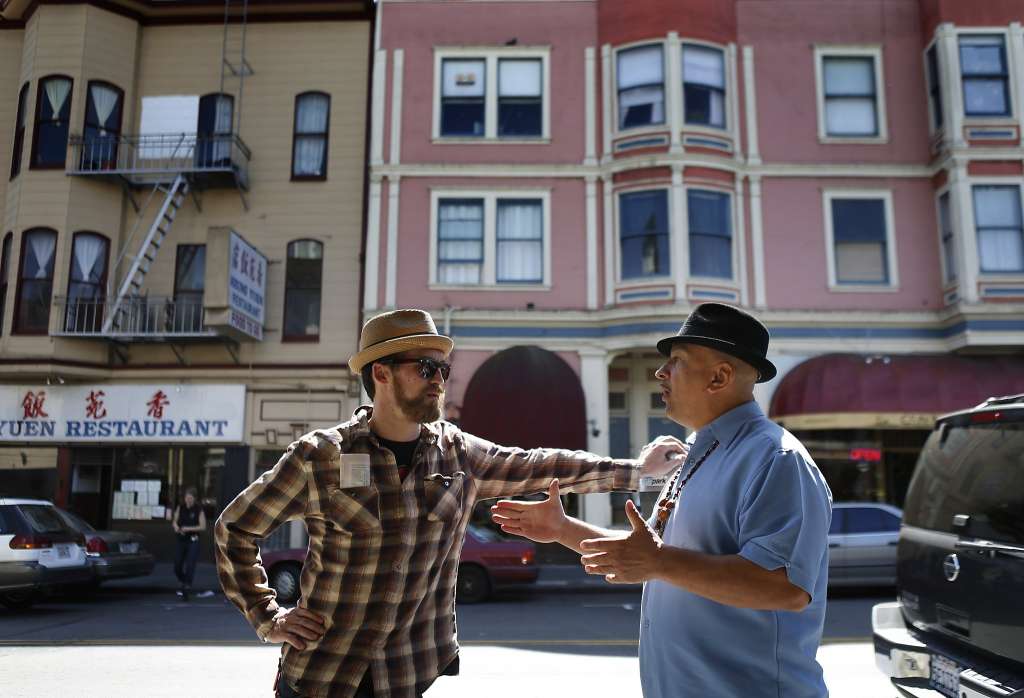

Space & Integration
People are coming into the Mission and saying they are part of the community but don’t show it. We have a community soccer field in the neighborhood that has always been open for everyone. Permits didn’t exist. A bunch of new tech workers were playing a game and would rather have played alone on their side of the field than join us. We played two separate games on one field. It still feels segregated at times.
Culture & Trends
I was walking around the other day and saw the Mission District Tour. We didn’t have those when I was a kid. We weren’t treated as a spectacle and abnormality for the world.
Across the street from my first home was a Latino bakery called Mi Rancho. Everyone in the neighborhood came here but it has since been replaced by a hip salon.
Home & Eviction
I just remember being in my house and having to stay in my room while people were going through closets and rooms and checking everything out. That’s when we were evicted.
I’m not a unique story. This is happening weekly.

Work & Home
For many people, the Mission is a perfect blend of work and community. We're close to the bay and all the companies that are headquartered there but also in the best neighborhood in SF. We are bringing money to the area and helping the local economy while bringing in a bit of our own culture.

As a new member of the Mission community I hope to meet new people and make connections with a lot of the established businesses in this area.